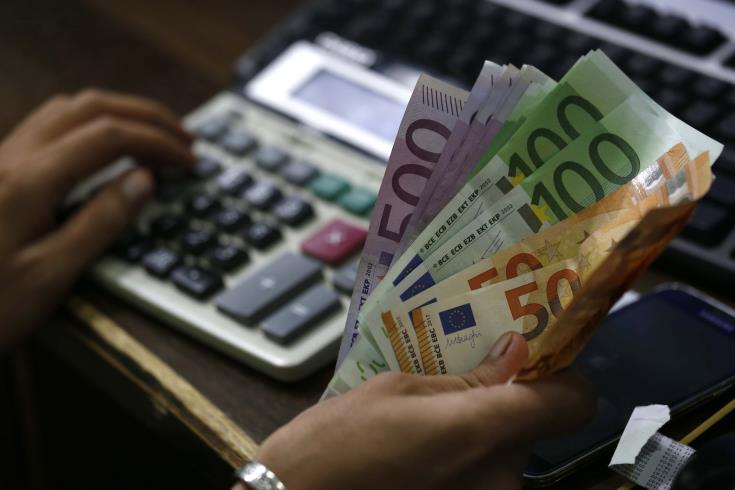Rising prices of raw materials in Cyprus are largely to blame for a growing trade deficit, wider by almost €349 mln in 2021 from 2020, reaching €5.24 bln.
Despite a greater rate of increase in Cypriot exports compared to imports, the island’s trade deficit expanded due to the rise of the value of imports.
According to the statistical service (CyStat), the trade deficit amounted to €5.24 bln for the period January-December 2021, compared to €4.9 bln in the corresponding period of 2020.
In particular, total imports of goods, from EU member-states and third countries for 2021 were worth €8.53 bln, compared to €7.64 bln for 2020, an increase of 11.6%.
Total exports of goods in 2021 added up to €3.28 bln compared to €2.74 bln in 2020, an increase of 19.7%.
The EU was the main source of goods supplied to Cyprus, accounting for €5.52 bln of total imports, while imports from other European countries reached €659 mln. Imports from the rest of the world totalled €2.35 bln.
Exports to the EU amounted to €874.8 mln, while exports to other European countries stood at €411.4 mln. Exports to the rest of the world were just over €2 bln.
Asked to comment on the increase in the island’s trade deficit in January, the general secretary of the Cyprus Chamber of Commerce and Industry, Marios Tsiakkis, said this was because of rising prices internationally.
Tsiakkis explained that prices of goods have been pushed up due to high demand of raw materials, as economies reopen following relaxations of COVID-19 restrictions around the world.
The business chamber’s general manager explained that, “stakeholders expect to see the trade deficit grow further if a surge in petrol prices is not brought to a halt”.
The war in Ukraine is currently pushing fuel prices up as Russia’s energy resources have been pulled from the market due to sanctions. The price of crude oil has been on a roller coaster ride in recent weeks reaching 140 dollars a barrel, but has since fallen to just above 100 dollars.
On Thursday it went up to $120 due to a tight squeeze in production, caused by damage at a Kazakhstan CPC terminal which may take up to 1 million bpd of crude oil off the market.










